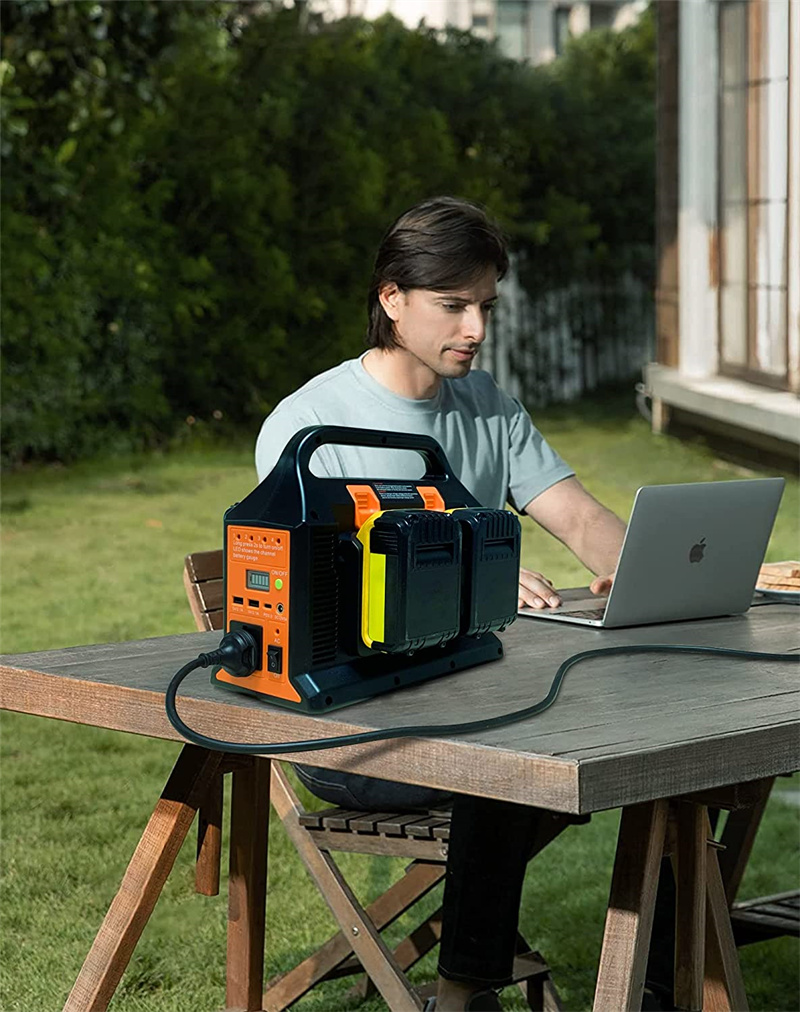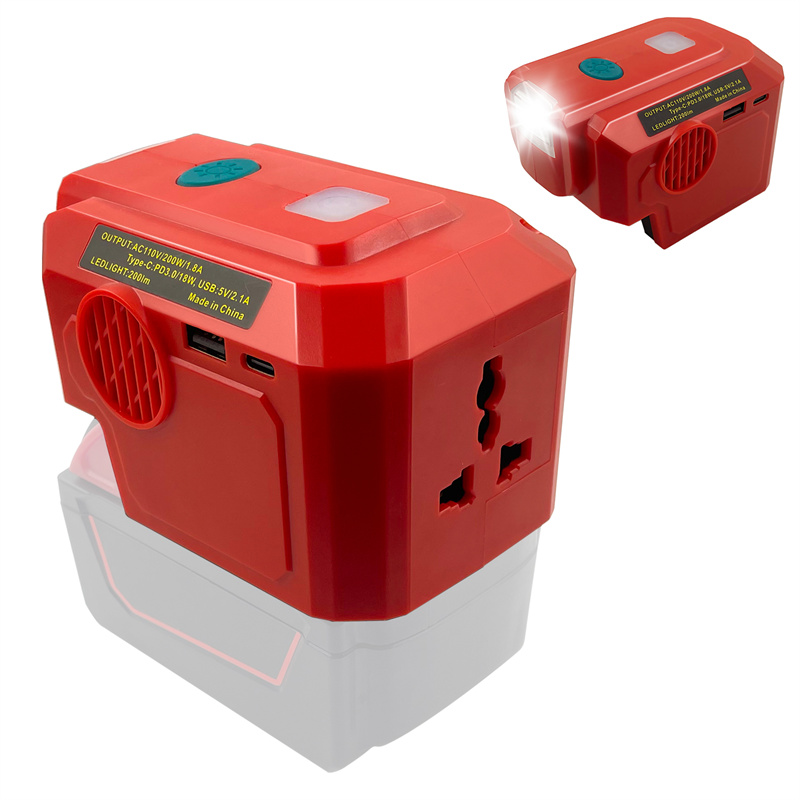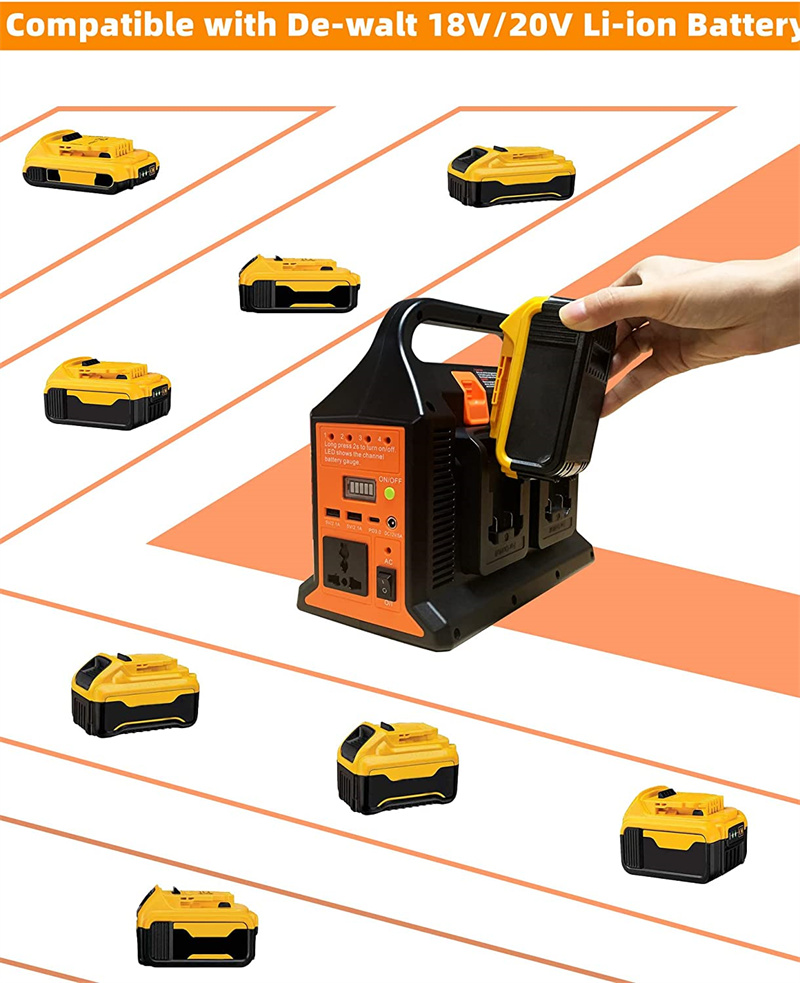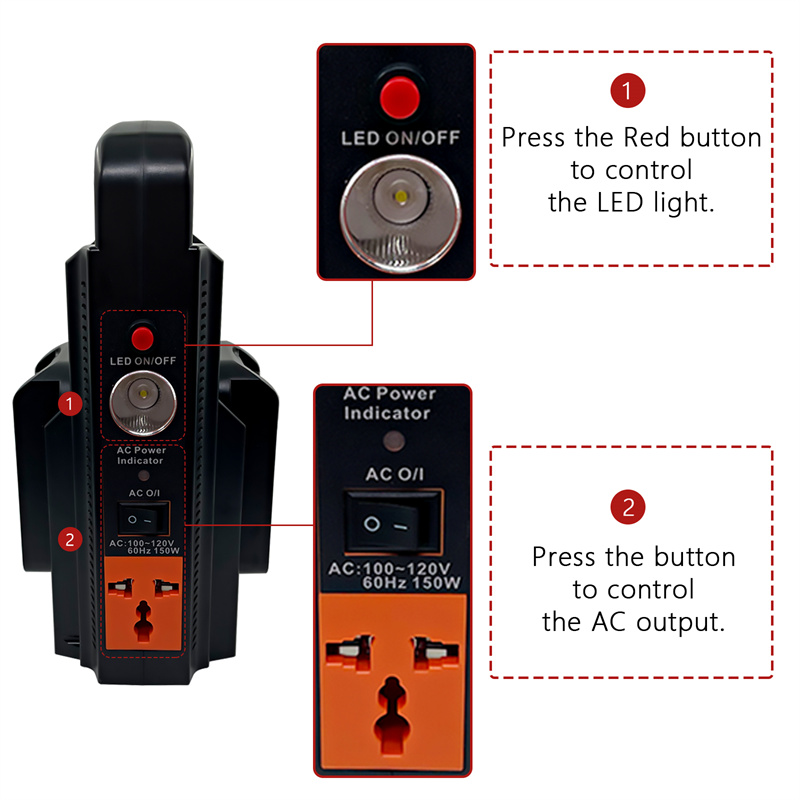When it comes to alternative power sources, two options that are often compared are battery inverters and generators. Both can provide power during blackouts or off-grid situations. However, they work very differently and have distinct advantages and disadvantages. Here’s some information to help you decide which one is right for your needs.
Battery inverter:
A battery inverter is a device that converts direct current stored in a battery into alternating current. This means it can be used to power appliances and other devices that require AC power, such as laptops, lights, and refrigerators. Battery inverters are quiet and smoke-free, making them an environmentally friendly choice. It is also portable and can be easily moved to different locations.
Advantage:
- Environmental friendly
– quiet operation
– portable
– Long-term cost
-effectiveness
shortcoming:
- limited power output
– reliance on battery life
– limited battery life
dynamo:
A generator is a device that produces alternating current by burning fuel such as gasoline, diesel or propane. It can power more appliances and provide higher wattage output than battery inverters. It is often used in emergencies or to provide power in places where grid power is not available. However, generators are often noisy and produce exhaust fumes, so they are not very environmentally friendly.
Advantage:
– High power output
– Can run for a long time if refueled
– Reliable in emergencies
shortcoming:
– noisy exhaust
– fuel dependence
– high cost of ownership
Which one suits your needs?
There is no one-size-fits-all answer to this question. The choice between a battery inverter and a generator depends on your needs and preferences.
A battery inverter is ideal if you need to power a small appliance or device like a laptop or a fan. They’re also reliable in long-term use, and since they run on batteries, they’re more cost-effective in the long run.
However, if you need to power more appliances like an air conditioner, refrigerator, or microwave, a generator is a better choice. Generators can also run longer if filled with fuel, so they are best for continuous use.
Another factor to consider is the noise level. If noise is an issue, then a battery inverter is the better choice. They run quietly and emit no fumes. On the other hand, generators can be loud and emit exhaust fumes, which may not be suitable for some environments.
Finally, cost of ownership must be considered. Battery inverters are cheaper in the long run because they don’t require fuel and require less maintenance. Generators require fuel, oil changes and a regular maintenance schedule, which adds to the cost of ownership.
In conclusion, choosing between a battery inverter and a generator depends on your needs and preferences. A battery inverter is ideal for powering small devices, is more cost-effective and quieter in the long run. Generators are necessary to run large equipment and can run longer if full of fuel. In the end, no matter which option you choose, be sure to choose high-quality equipment to ensure your power needs are met.
Post time: Apr-04-2023




